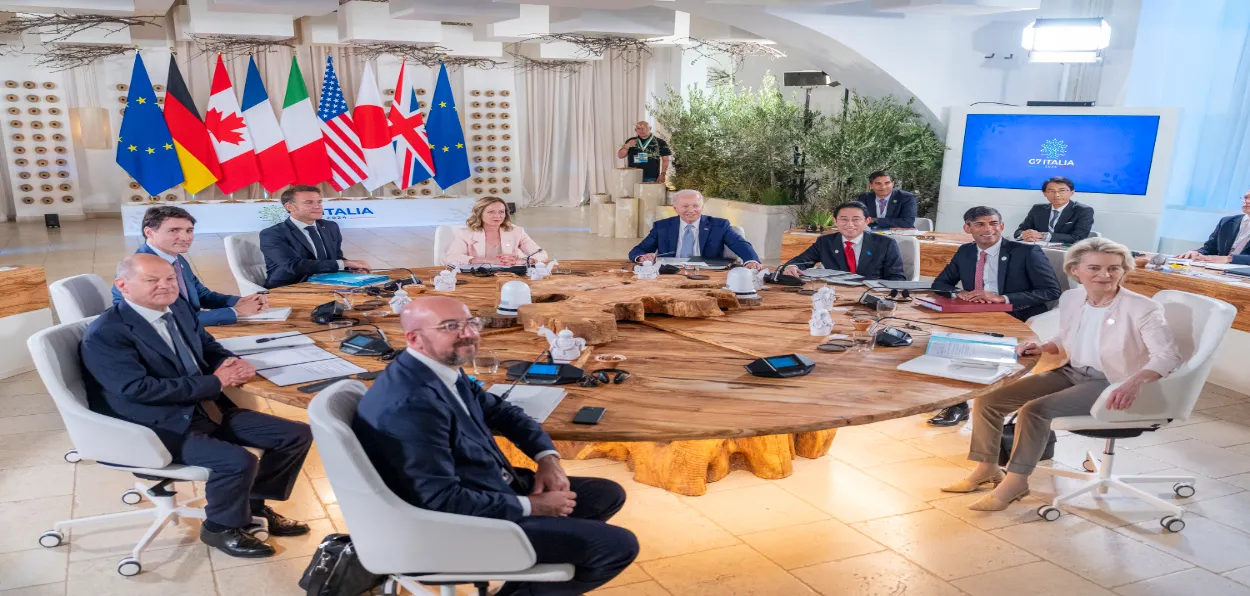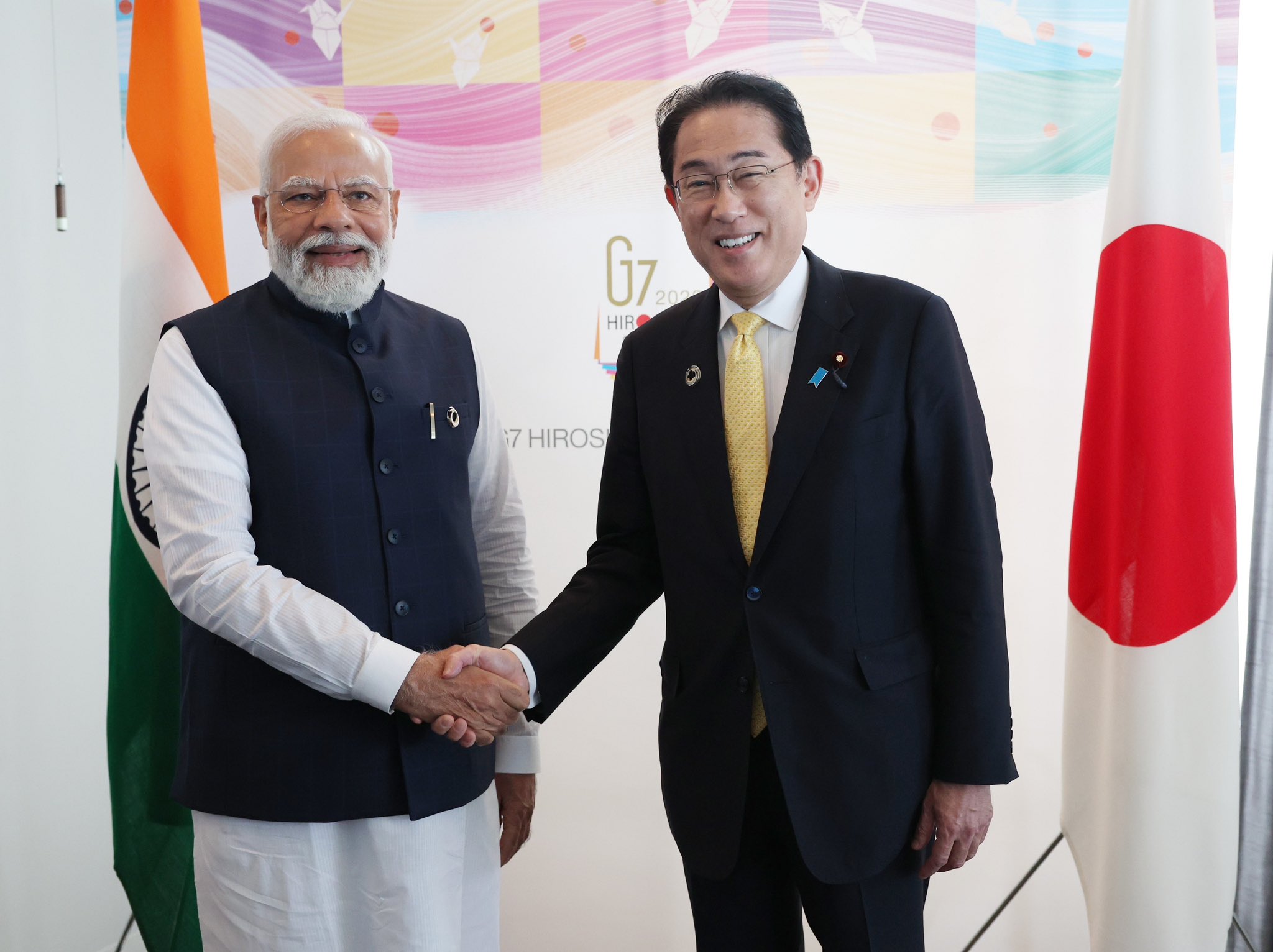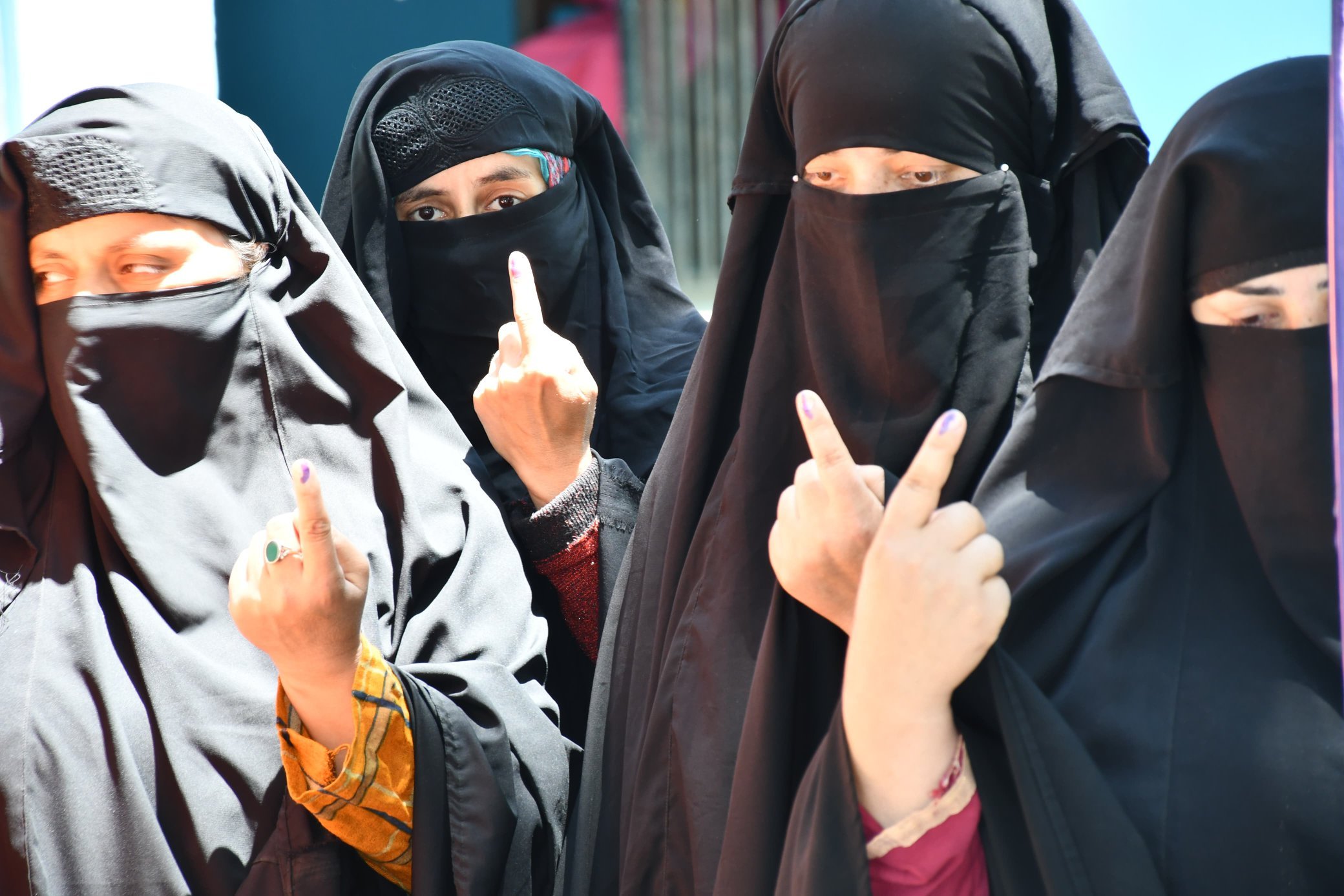
 Sushma Ramachandran
Sushma Ramachandran
India may be attending the Group of Seven (G7) summit meeting in Canada, but the delayed invitation has raised questions over whether this emerging economy deserves a place at the global high table. The fact that Canada’s Prime Minister Mark Carney called Prime Minister Narendra Modi to participate in the conference slightly later than expected has also sparked speculation that there was pressure from other members of the group to issue the invitation.
Carney faced some domestic flak for taking this decision owing to continuing tensions in Indo-Canada relations. He defended it by asserting that India is now the world’s fifth-largest economy, the most populous, and central to many global supply chains.
Other G7 members are engaged in efforts to deepen ties with India ranging from trade agreements being negotiated by the U.K., the U.S., and the European Union to collaboration in defence and infrastructure by France and Italy. Despite the buzz around India, however, many doubt if this country can play a meaningful role in a meeting of rich nations. One argument in its favour is the size of the economy which is roughly at the same level as Japan, the fourth largest. Yet in terms of per capita income, India falls woefully short.
India's per capita income is about 2,878 dollars, woefully low compared to 33,834 dollars in Japan. Similar comparisons with other invitee countries at the summit are also unflattering as South Africa has the lowest per capita income among them of 14990 dollars. Brazil, Mexico, and Australia are at much higher levels.

Japanese Prime Minister Kishida with PM Narendra Modi in New Delhi
There are, however, mitigating circumstances for a country of 1.4 billion people that started its developmental journey only in the post-colonial era. One of the factors in its slower growth compared to China has been the presence of a vibrant democracy where opposition to policy prescriptions cannot simply be pushed to the sidelines. This is vastly different from its northern neighbour which has been able to implement hard decisions with little opposition.
Thus India may be low on the scale of per capita income, but the economy is expanding rapidly while becoming part of global supply chains. Currently, the pace of growth is ahead of the rest of the world. At a projected 6.5 percent for the FY 2026, it remains an outlier with most other countries having slowed down largely due to geopolitical tensions.
Reinforcing India’s growing importance in the global economy, Canada-based professional services firm, Colliers, is reported to have ranked it seventh among global destinations for cross-border investments, based on the latest data. Undoubtedly it has the potential to become a global economic power in the long run. It is a recognition of these possibilities that has prompted the G7 to make India a regular invitee to its conclaves since 2019.
 India's consistent track record of democracy
India's consistent track record of democracy
On the other hand, China has yet to be included in this summit of developed economies. On its part, it has dismissed the group as an outmoded concept that does not represent the world. It has been commented in the past that the G7 only accounts for ten percent of the world’s population and contributes less than China to global economic growth.
The truth is the G7 may comprise most of the developed world, but excludes both Russia and China, thus diluting its representative nature. The present members are the U.S., Canada, Italy, the U.K., France, Germany, and Japan along with the European Union. Russia was removed from the group, then the G8, in 2014 after it annexed Crimea.
Yet the G7 remains a powerful grouping even though some analysts see it as losing ground to the wider-based G20. Even so, it continues to play an effective role as a forum to formulate policies on the economy, climate change and international security. China may be right in saying that the G7 is not representative of most of the world, but it is a sounding board for the powerful Western bloc.
India’s presence at the global high table of advanced economies is thus essential not only because of its status as a rising economic power but also to represent the aspirations of its 1.4 billion people. It is gradually emerging as a preferred investment location for multinationals adopting a China Plus One policy. The huge domestic market is also an attraction for many Western economies that are seeking to insulate themselves from the uncertainties of U.S. tariff policies.
ALSO READ: At 89, Rickshaw puller Ahmed Ali is not done with building schools
The conclusion of a free trade agreement with the U.K. recently and the relatively fast pace of a similar pact with the European Union is indicative of the growing interest in deepening ties with this country. Against this backdrop, there is no doubt that the G7 views India as a reliable economic and strategic partner. It is thus likely to be a regular and welcome guest at these summits in the long run.
